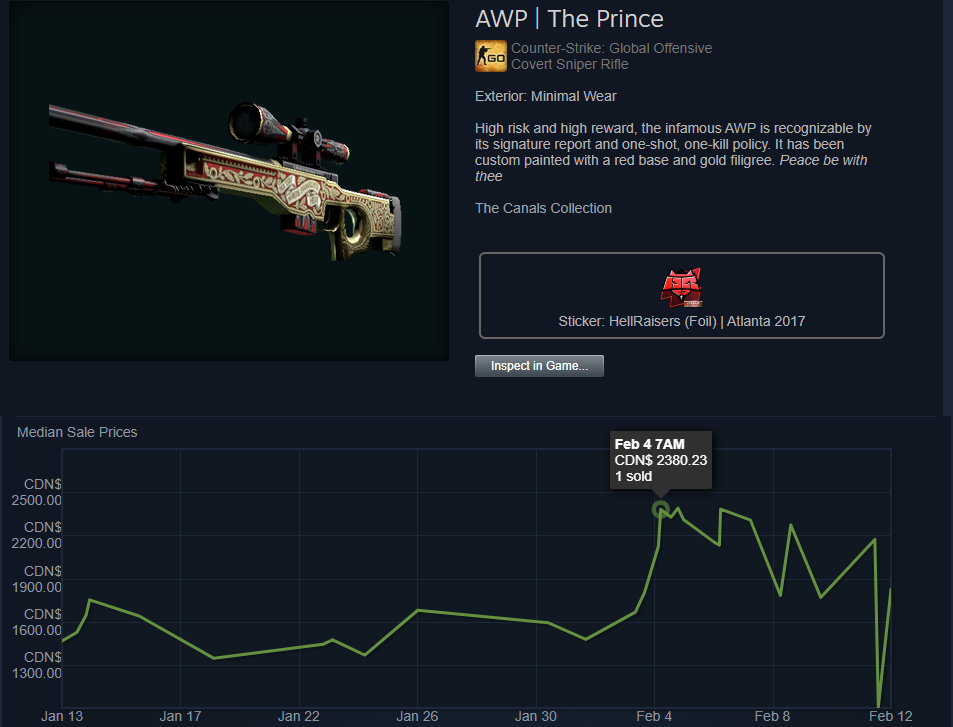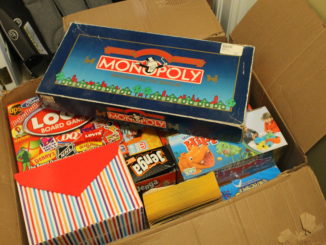Children have easier access to gambling than many realize.

Griffen Stuckless
Kicker
Loot boxes are ways to acquire virtual items and skins in online games. Love them or hate them, they seem to be here to stay.
Despite being banned in some countries, Canada has yet to take a stance.
Loot boxes are part of video games. Players buy them without knowing exactly what they will contain.
Caden Brake is an avid player of Valve’s Counter Strike: Global Offensive. After buying a loot box recently, he received an item worth roughly $2,500.
“The chances are extremely low,” said Brake. “I think it’s way higher to get struck by lightning than to get what I got.”
Despite this, he doesn’t recommend them.
“I spent – and I didn’t even know until the other day when I looked into it – but I spent about $500 (US) somehow in the game,” said Brake.
Brake says the purchases add up. Spending $3 here and there doesn’t sound like much, but after a couple of years, the amount spent can come as a shock.
The game is rated M for mature. That, however, doesn’t mean children don’t have access to it and its loot boxes. It is available for download on Valve’s online platform known as Steam, and it doesn’t require proof of age.
“If it’s marketed towards kids, then obviously that’s a problem.”
Valve didn’t respond to interview requests.
Some countries have banned loot boxes altogether. Belgium and the Netherlands, for example, found loot boxes to be in direct violation of their gambling laws.
In a study about associations between loot box use and problematic gambling by the University of British Columbia, it was found that “loot box engagement is correlated with gambling beliefs and problematic gambling behaviour in adult gamers”.
Gabriel Brooks, the lead author of the study, spoke with Global News about the study.
“We do know there’s been constant concern about children and their involvement with gambling, and as such there has been concern voiced about children and their involvement with loot boxes … So I would like to see further research focus upon children and their use of loot boxes.”
Dillan Atkinson is an avid gamer who has played many games with loot boxes such as Riot Games’ League of Legends and Blizzard’s Overwatch.
“Depending on the game, it can be a complete money grab or something that keeps the game free,” said Atkinson.
The countless stories of children getting a hold of their parents’ credit cards and buying premium game currencies and loot boxes worries Atkinson.
“If it’s marketed towards kids, then obviously that’s a problem,” he said.




Be the first to comment